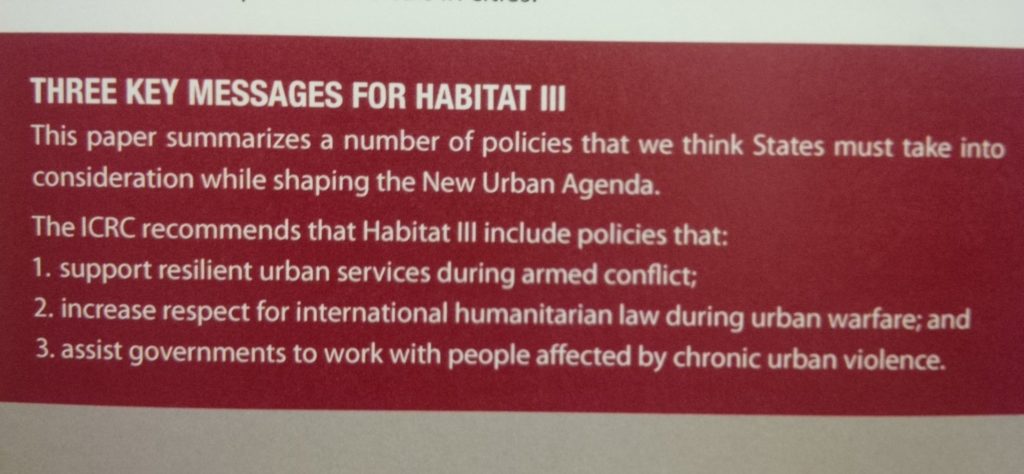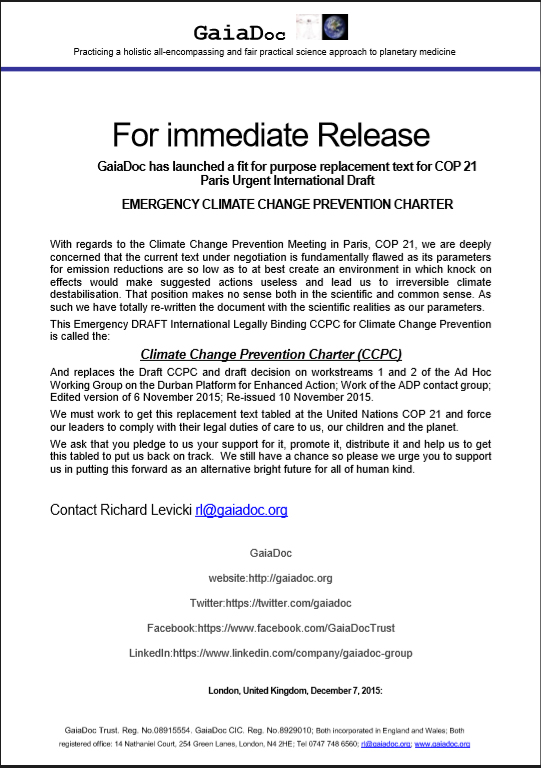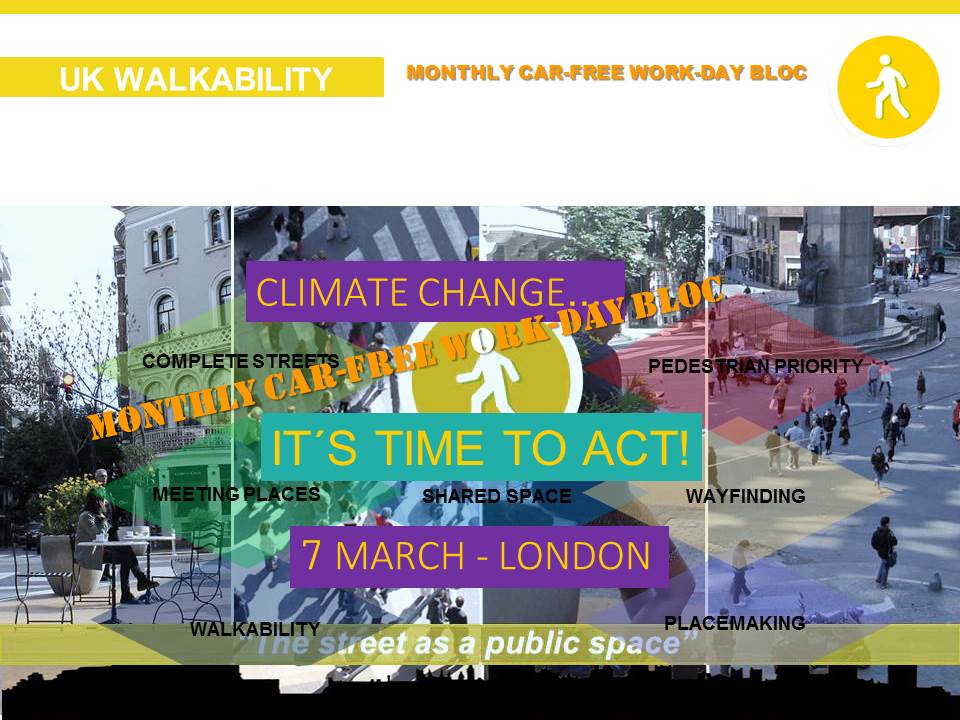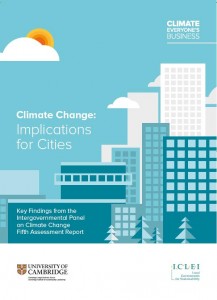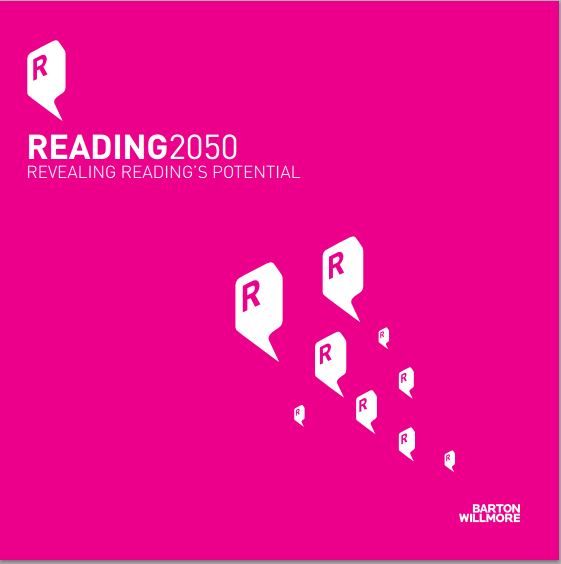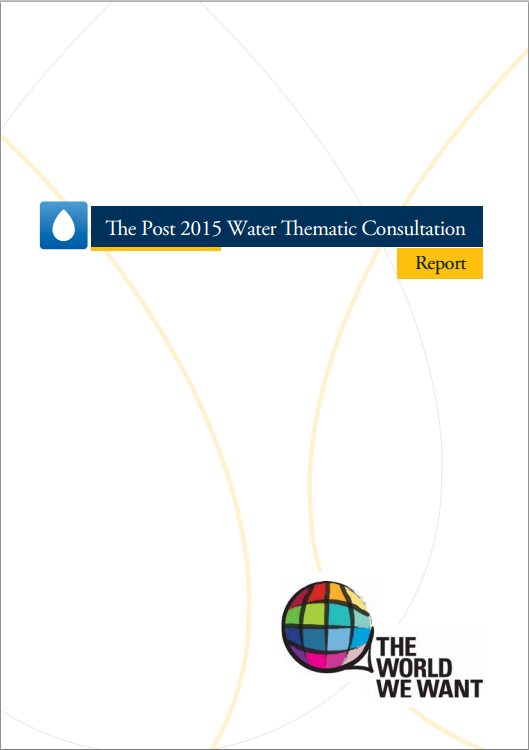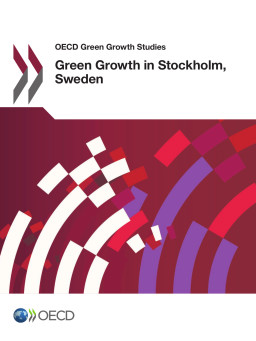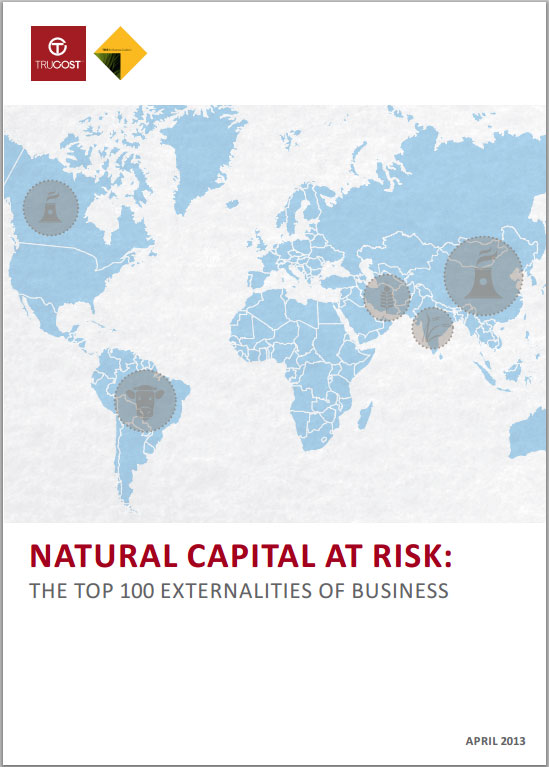here is an overview of 27 july and early hours of 28 July
1- Side event of ICLEI and University Tekniki Malaysia, focusing on advancing sustainability of Asian cities and regions effectively reflected the diversity of topic in the region through its multinational (Malaysia, S. Korea, Japan, Indonesia, Germany, India), multilevel (local, regional, national governments), multistakeholder (governments at all level – research and academia – finance partners) structure. Mr. Datuk HJ. Mohammad Bin Mentek, Secretary General of Malaysian Ministry of Urban Wellbeing, Housing and Local Government and Head of Malaysian Delegfation at HabitatIII PrepCom3 in Surabaya also delivered a warm and encouraging closing remark, congratulating all partners and inviting an active collaboration in the preparation of World Urban Forum9 in Kuala Lumpur, Malaysia in February 2018.
2- Around midday, Co-Facilitators circulated a revised version of draft NUA as of 27 July. The text had revised paragraphs except para.8 (related to Right to the City) and Section C Follow-u and Review (as Eu and Colombia noted that informal informals had not reached a conclusion yet.) After brief exchanges, Co-facilitators announced to reconvene at 17:00
3- At the plenary of Main Committee at 17:00, many Member States expressed frustration and dissapointment on the process, in particular lack of clarity on how to close agreed paragraphs, reflection of already communicated texts and next steps. While some delegations expressed general views, some delegations continue to submit new and additional textual proposals. The discussions also started to focus on the way forward between Surabaya and Quito as it became clear that the draft will not be adopted in Surabaya. Meanwhile no new text was communicated on Section.C
4- In the early hours of the morning, Co-Facilitators convened the plenary, suggested to circulate a new text in the next hour in their personal capacity taking into account the views and results of Section C informals and invited delegations to consider an informal informal in New York City at UN HQ in early September. There were no objection to this proposal.
5- Around 02:30 on 28 July, Secretariat 2 documents; draft report of the Main Committee (negotiations on draft NUA) and draft report of the PrepCom3.
6- Around 03:30 on 28 July, first Main Committee and then PrepCom3 Plenary convened and adopted the circulated documents, with subject to further updates by the Rappertouer as appropriate. Meanwhile, Joan Clos in its capacity as the Secretary of the Conference announced new webportal to announce Quito Action Plan and invited all stakeholders to upload their commitments. During the closing remarks, delegations expressed appreciations to Co-Facilitators, Indonesia government as well as people and Mayor of Surabaya.
7- The PrepCom3 concluded at 04:30 on 28 July Thursday.
7- It has to be noted that altough para.12 of the UNGA Resolution 70/210 (Rules of Procedures of Prep Com) reinvited Bureau of PrepCom3 to circulate a draft outcome document at least 6 months before the Conference, neither the Report of the Main Committee nor the prepCom3 Report included any reference to any official document with appropriate documentation number. The Conference website were uploaded with link to documents of 6 May, 18 June and 18 July, without any official document number.
8- As of 28 July 14:00 Indonesia time, the Conference website did not contain any link to the Report of the Main Committee nor any draft text as of 27 July. https://www.habitat3.org/prepcom3/papersmart
9- Around 10:00 on 28 July Thursday, the H3 Secretariat circulated a new draft NUA as of 28 July. The text is attached. It has to be noted that the document contains no information whether this is a product of Co-facilitators. The version as of 28 July contained significant changes to version as of 27 July, including a string dedicated paragaraph 7 in the Declaration recognizing 2nd local and regional governments and their 2nd World Assembly. There are some significant changed in other sections and a totally new Section C Follow-up and Review is also included which seemed to be a convergence document between version as of 18 july and proposals of EU presented on 26 July, containing numerous brackets as well as 2 options in para.164 regarding options the wwqy forward for strengthening UNhabitat. The reference to an International Multistakeholder Panel on Sustainable Urbanization, the only innovative outcome expected to be announced as n outcome/legacy of H3 remained in the version of as of 18 july was also removed in this version 28 July.
10- It may be possible to expect an informal informal meeting to be convened in NYC at UN HQ in the first week of September.
Here is a brief coverage of 26 July Tuesday
1- In the morning, Co-facilitators met with stakeholders. GTF speakers highlighted the need to engage local and regional governments appropriately in the implementation as well as follow-up and review.
2- At the Plenary, stakeholders delivered their official statements. Intervention of local and regional governments was delivered by Maimunah Mohd Sharif, Municipal President, Municipal Council Of Seberang Perai, Malaysia; President, Malaysian Association of Local Authorities (MALA); Member, ICLEI Global Executive Committee. Follow the links to reach the text and video of the intervention.
3- Follow the link to access the ppt of ICLEI session at Urban Speakers Corner.
4- The main committee continued hearings from Member States for their inputs to Declaratiuon, Section A Commitments, B- Means of Implmentation. The committee reconvened at 19:30 to focus on section C Follow up and review. The African Union reiterated its position for the strengthening of UNhabitat and its new mandate for the New urban Agenda. US and EU reiterated their wish to focus on the substance of NUA at H3 and continue discussions on its further follow up and review in connection with the 2030 Agenda for Sustainable Development as well as UN General Assembly related process. Specific and substantial textual proposals were presented by the EU. G77/China responded with a positive spirit for a convergence on main subjects.
5- Informal informal negotiations continue over the night, including a stocktaking plenary by Co-Facilitators at 03:30. G77, EU, US reported about progress achieved so far and asked for additional time. Co-facilitators proposed to reconvene the plenary at 11.00 on 27 July wednesday and commit to share a revised version of the sections on Declaration, Sections A and B and results from the informal informals from Section C on follow and review.
Things to follow on 27 July Wednesday
1- A partial calendar of official negotiation sessions is available on conference homepage
2- Main committee is planned to reconvene at 11:00.
2- ICLEI and Universiti Tekniki Malaysia will host their joint side event “Advancing Sustainability of Asian Cities and Regions” at 13:30 at Crystal Room:4, including speakers from Seberang Perai, Seoul Metropolitan Government and Iskender Regional Authority. Citynet will convene another side event at the same time at Crystal Room:1
3- Timing of closing plenary will be announced during the day based on the progress achieved in the negotiations. General Assembly of Partners will convene at 1830 and throughout the day an additional session of Co-Facilitators with stakeholders may be scheduled.
Here is a summary of 25 July Monday
1- PrepCom3 agreed on modalities and agenda of H3 in Quito,
2- Chile representative assigned as the Acting Co-Chair in Surabaya in place of Ecuador,
3- Plenary started to hear general comments from Parties, no time left for Stakeholder interventions, will continue on Tuesday
4- Main Committee established to conduct informals on draft outcome, held its first session, started hearing views of parties on the Declaration, but suspended the session upon request of G77/China, will re-convene on Tuesday.
5- UCLG launched GTF publication summarizing H3 journey at Urban Speakers Corner
6- Cities Alliance side event convened at lunch time
7- City of Surabaya hosted cultural event (personally speaking, this was the best organization i had ever attended at an intergovernmental conference since 2002, hats-off to Mayor and People of City of Surabaya)
8- A very inspiring article is published at Citiscope by Ulrich Graute on UN negotiations and engaging local governments. Another important coverage by Gregg Scruggs is also available. Another Op-Ed is released by Nicola Paula at ENB prior to the start of the Surabaya
and things to look for 26 July Tuesday
1- an informal daily programme of negotiations is released at H3 PrepCom3 homepage, that contains a partial coverage of all event.
2- Plenary for statements will start at 10:00 at level:3 (expected to offer slots for Mayor Groups and Other Stakeholders), main committee will start at 10:00 at level:4
3- GAP Prep meeting will convene at 08:30 at level:4, Co-facilitators will meet with Major Groups and Other Stakeholders at 09:00 at level:4
4- Transport Day will convene at Hotel Sheraton between 13:00 – 17:00. ICLEI member City of Johannesburg will share updates on Johannesburg Ecomobility Festival held in September 2015 at the closing plenary.
5- At the lunch time, WRI will convene its side event
6- ICLEI will host a session at Urban Speakers Corner at Exhibit area at the ground floor at 15:30. Speakers areMaimunah Mohd Sharif, Municipal President, Municipal Council Of Seberang Perai, Malaysia; President, Malaysian Association of Local Authorities (MALA); Member, ICLEI Global Executive Committee and Emani Kumar, Regional Director, ICLEI South Asia Secretariat; Deputy Secretary General, ICLEI World Secretariat. Title is “Globalizing Integrated Transformative Actions to Ensure Sustainability of the Urban World 2030”
6- At 19:30, Plenary Meeting of the General Assembly of Partners will convene at Crystal Room
/YUNUS ARIKAN
Source: ICLEI


